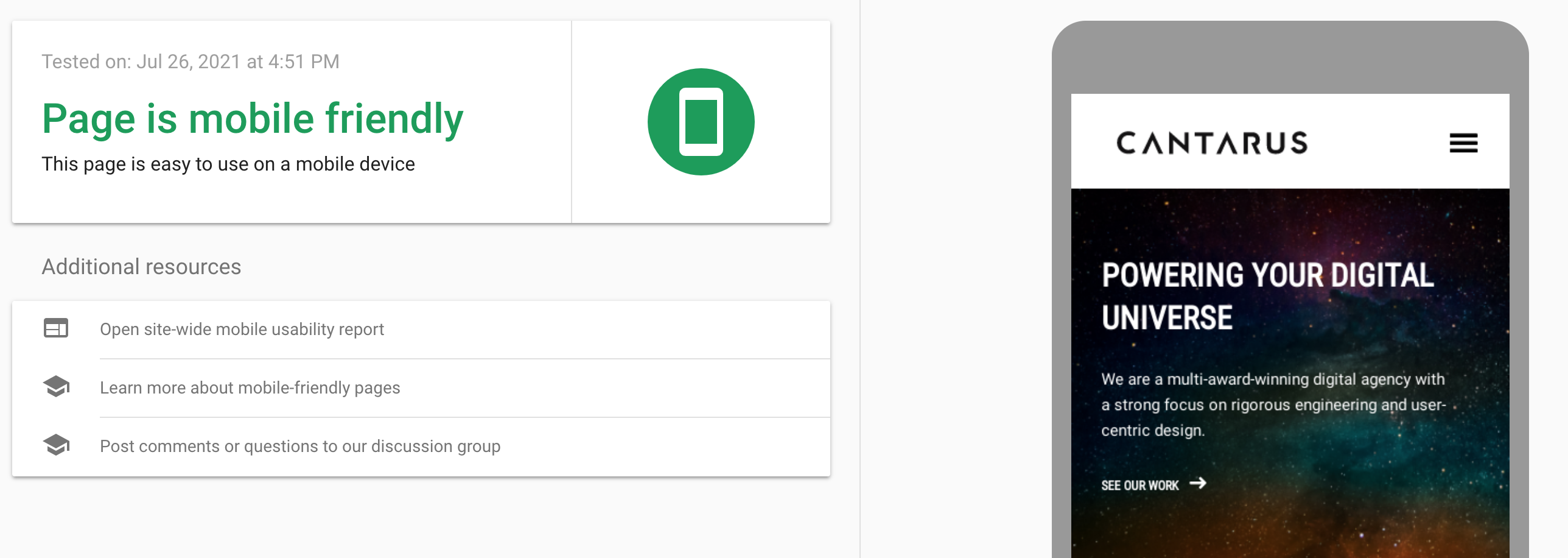
There are more than 4 billion internet users in the world, and almost 1.9 billion websites currently in existence. Tomorrow, there will be even more.
Your web presence is your showroom. It’s where your customers come to get an impression of who you are and what you do, and we all know that first impressions really do count. With technology constantly evolving, and websites not going out of fashion anytime soon, you need to make sure yours is the best it can be to ensure your business stands out from the crowd.
Like everything, best practice will change, and there will come a point that you’ll need to consider a revamp – but how do you know when that point is?
Here are our top 10 signs that your online presence needs an upgrade, pronto.

1. Slooooooow page speed
Page speed is the time it takes for pages to load on your website. If your website is too slow, it’s going to be a frustrating user experience and could lose you potential leads.
Preferably, you want your website to load well within 3 seconds – because 40% of consumers won’t wait longer than 3 seconds before abandoning a site. We’re an impatient bunch it seems.
As of last year, Google started judging websites based on page experience, including page speed. Page speed can have a direct impact on your SEO and conversion rates, so it’s vital that your pages are loading nice and quickly for both your user and your overall rankings. Don’t forget, the longer the load time, the higher the bounce rate too.
You can test your site speed for free using Google’s PageSpeed Insights. Just pop your page URL in the box, hit Analyse and Google will provide you with either a red, amber, or green rating.
2. Your website isn’t Mobile-Friendly
As shocking as it might seem, some businesses do indeed have a non-responsive website in 2021! Despite mobile devices accounting for over half of web page views worldwide, some websites still aren’t optimised for mobile, making it hard for users to navigate. Some pages might not even be visible at all.
Mobile-friendly websites can improve your search rankings – Google’s algorithm takes into account whether your site is responsive, and, if not, will score you as a poor content provider, dropping your search authority.
If you’re unsure whether your website is mobile-friendly or not, check using Google’s Mobile-Friendly Test here.


Read the full article here.
Tabby Duff is Digital Marketing Executive at Cantarus









